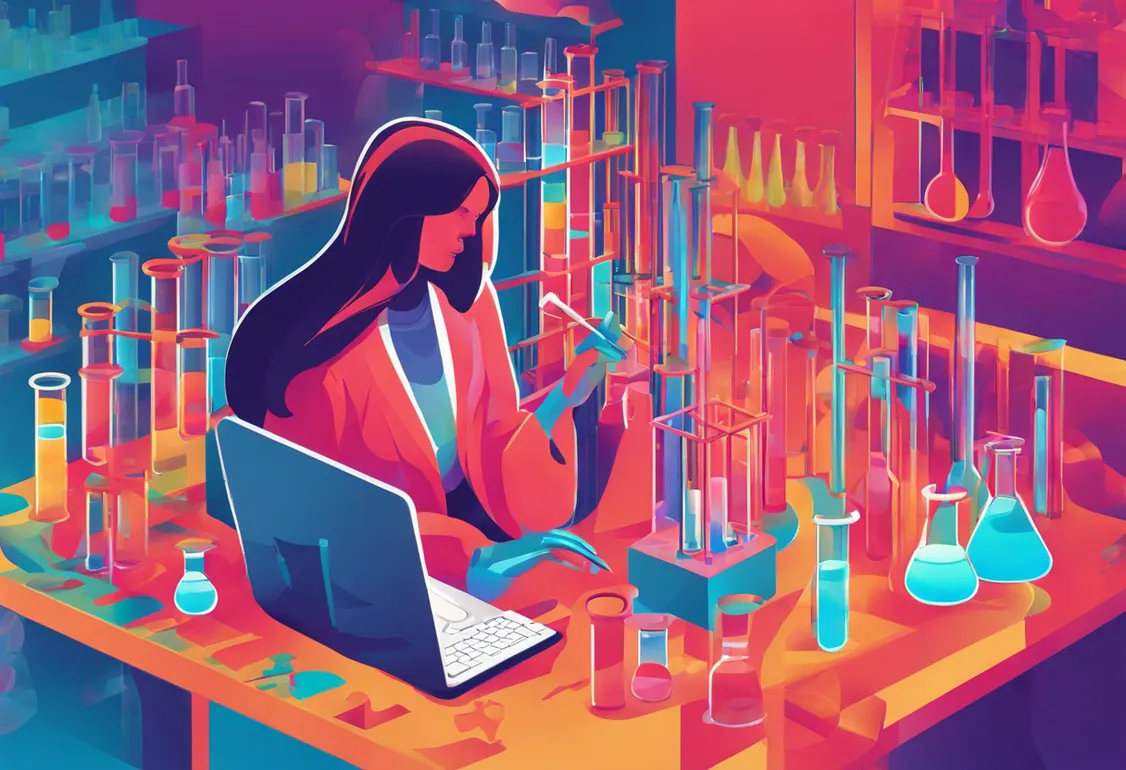
ChatGPT makes side projects easy: a case study
An article about Greybox Wrapped published on Linkedin.
23 Apr, 2023 - 01 Min read

Many scientists treat coding — tasks, analysis, you name it — as a necessary evil we have to do in order to get to the science. You might know the result from your own scientific practice: subtle changes to the code strewn across many folders, days spent getting into the mind of the postdoc author five years gone, and a general unwillingness to touch the code unless it’s time to re-use it.
Before joining a research lab, I was lucky to have spent several years as a back-end programmer with the Yale Student Developers. (Best work-study job ever.) Consequently, working without proper version control and thorough documentation of each step now just feels icky.
(This isn’t my personal quirk, by the way. “Use version control” is the fifth recommendation of both Aruliah et al.’s Best Practices for Scientific Computing (2012) and Wilson et al.’s Good Enough Practices for Scientific Computing (2016). So, at the very least, I can say that I share a squick with a number of published researchers.)
Since joining Yale Decision Neuroscience Lab, I’ve been inducing colleagues to use git. The presentation that I gave yesterday is a very high-level overview of what git is good for:
(It doesn’t hold a candle to Alice Bartlett’s excellent Git for humans, which I heartily recommend, but it does use our lab’s problems as illustrations.)
Giving a tech presentation is only the first step in tech adoption. I lack a detailed roll-out plan, but here’s what I’m doing now:
git-related can contact me at any time and I’ll do my best to help.We’ll see how it goes.

An article about Greybox Wrapped published on Linkedin.
23 Apr, 2023 - 01 Min read

Automating an unwieldy genomics processing & analysis pipeline with Snakemake and friends.
02 May, 2022 - 05 Mins read
If you're looking for an data-driven AI consultant or simply want to have a chat.